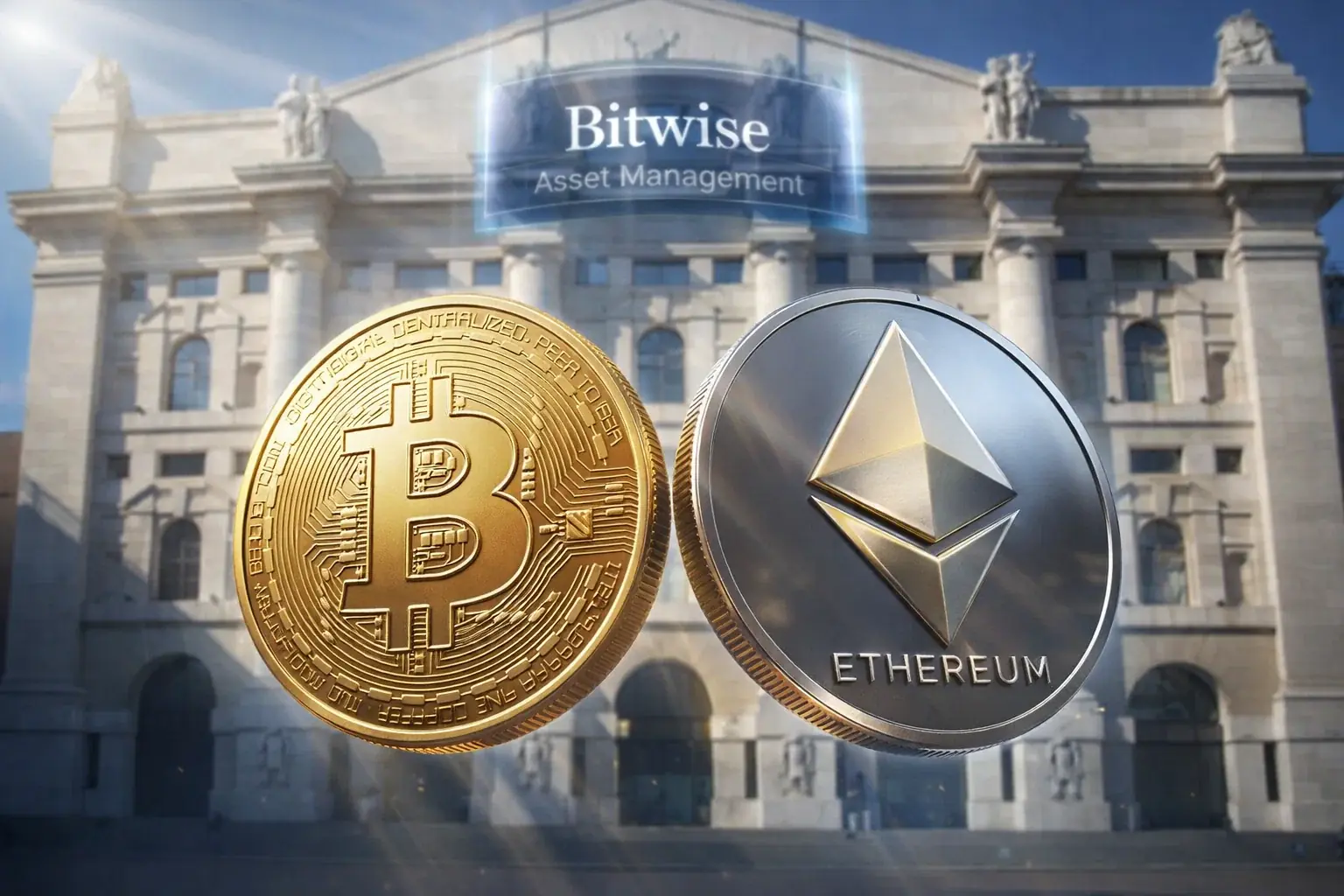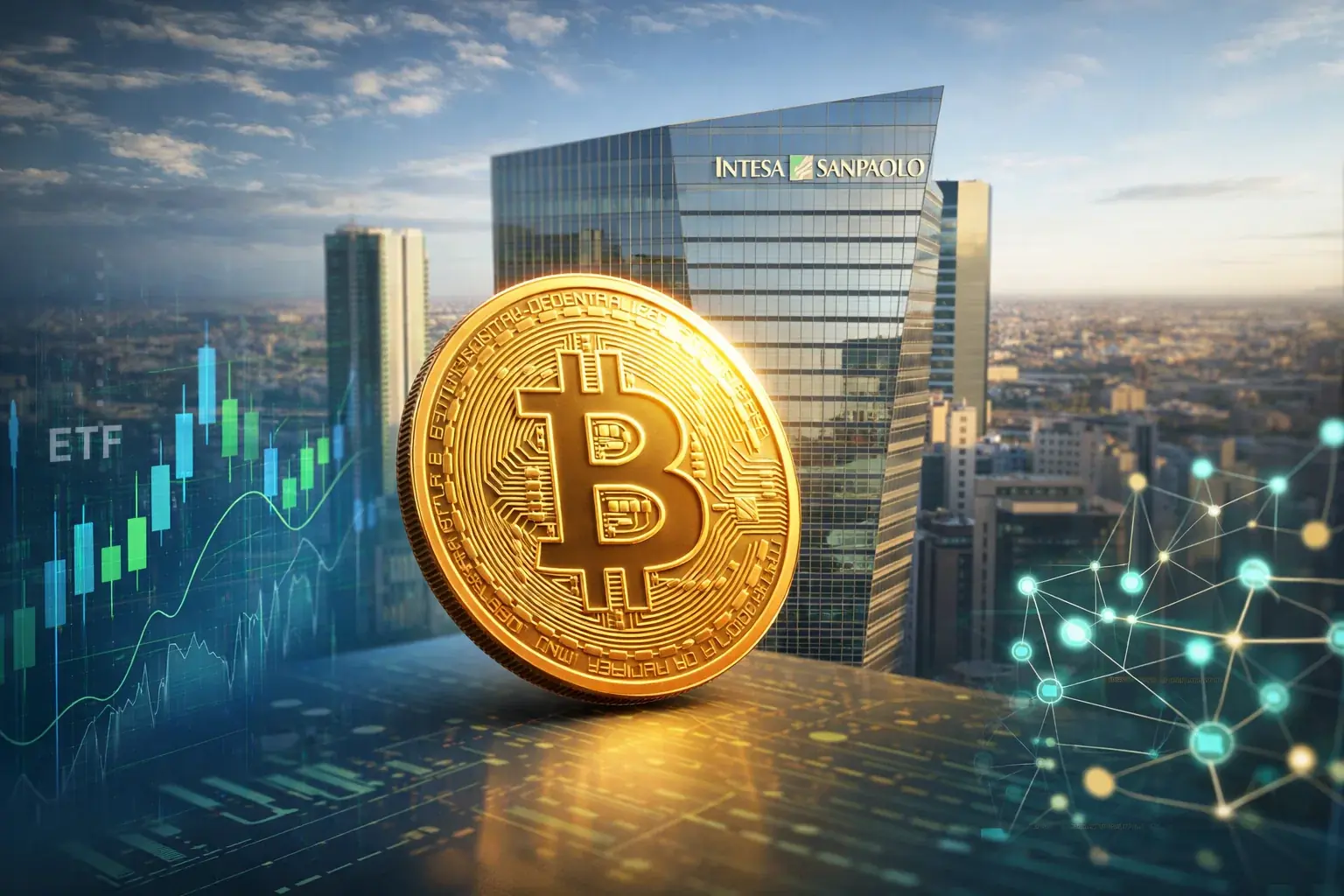JPMorgan Chase has decided to suspend the reactivation of its partnership with Gemini, a cryptocurrency exchange founded by the Winklevoss brothers, in a clear example of the growing conflict between traditional financial institutions and innovative fintech companies.
Cause of conflict access to user data
The main cause of the break-up was a statement by Tyler Winklevoss, posted on a social network, in which he harshly criticised the bank's policy of introducing a fee for accessing customers' banking information. He accused the financial giant of restricting the freedom of consumers to manage their own data and hindering the work of third-party services.
According to Winklevoss, shortly after the criticism, representatives of the bank announced that they were suspending the procedure to restart the collaboration. The tension is heightened by the fact that this is not the first time that Gemini has found itself in a similar situation: it had already been excluded from the customer base of some banks in the past for regulatory reasons.
My tweet from last week struck a nerve. This week, JPMorgan told us that because of it they were pausing their re-onboarding of @Gemini as a customer after they off-boarded us during Operation ChokePoint 2.0. They want us to stay silent while they quietly try to take away your... https://t.co/c9Ls7QpAmT
- Tyler Winklevoss (@tyler) July 25, 2025
Data control is at the centre of the dispute
The banking structure justifies its decision with the need to cover technical costs and protect the infrastructure. According to some estimates, a significant part of the requests to the system do not come from users, but from automated systems, which generates load and requires further investment.
In the meantime, representatives of the fintech sector point out that this is a step towards monopolisation of user information. They warn that the new tariffs could stifle start-ups that depend on open access to bank data.
Associations and major industry players see the situation as an attempt to control the entire customer management cycle: from the storage of data to its use by external platforms.
Reactions and consequences
Winklevoss stated that the bank openly demonstrated the link between its public criticism and the decision to end the partnership. Other market players, including cryptocurrency exchanges and decentralised platforms, have expressed concern about what is happening.
Professional associations of fintech companies have called for immediate intervention by regulators. According to them, the banks' actions undermine free market principles and pose a threat to competition.
Particular attention is being paid to the regulatory framework: there is a piece of legislation that guarantees consumers the right to share their financial data with any service they choose. However, the lack of clear regulation allows big banks to interpret the rules in their favour.
The current incident could accelerate the development of alternative solutions. In particular, decentralised technologies, secure APIs and tools that give users full control over their data are under discussion. The development of these solutions could be the answer to banks' attempts to restrict access and create barriers for new players.








